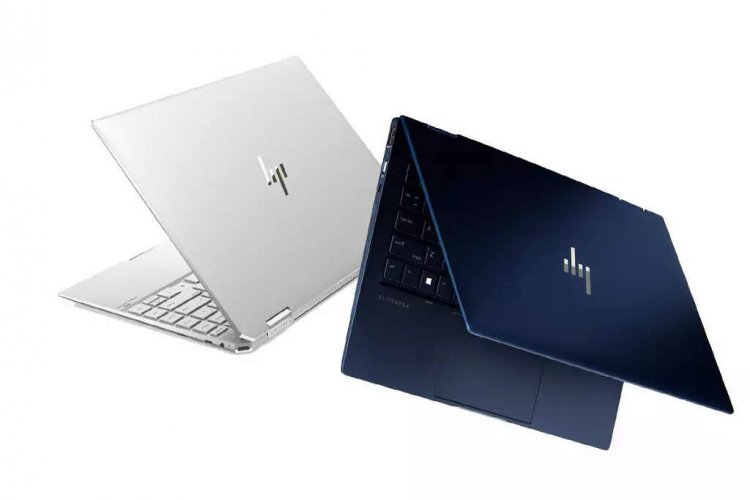HP will expand production to consumer laptops as part of PLI 2.0, according to sources.
According to the company (HP), it has been a long-standing partner in India's digital transformation path and one of the country's IT manufacturing sector's pioneers.

INTRO
- Under PLI 2.0, HP will manufacture consumer laptops in India.
- The business intends to invest Rs 250–300 crore in domestic production.
- According to Minister Ashwini Vaishnaw, the government has received around 30 applications for PLI 2.0.
Hewlett-Packard (HP) has made a significant step towards expanding its footprint in the Indian manufacturing sector. HP has formally registered for participation in the Production Linked Incentive Scheme 2.0 (PLI 2.0) with a market share of more than 30% in the Indian PC industry for 2022 (according to IDC). According to Ministry of Electronics and IT (MeitY) sources, HP's involvement in the PLI 2.0 would allow it to expand its manufacturing operations to include consumer PCs in the nation. According to the scheme's benchmark, HP is projected to invest between Rs 250-300 crore in manufacturing in the nation.
"HP is a long-standing partner in India's digital transformation journey and one of the country's IT manufacturing sector's pioneers." We appreciate the PLI plan for IT hardware production and look forward to finding new avenues to address rising PC demand. "India is a dynamic growth market, and we are excited about the opportunities that lie ahead," the business stated.
In the country, the firm already manufactures a variety of commercial laptops, desktops, all-in-one (AIO) PCs, and workstations. In 2006, it was one of the first few businesses to begin producing PCs in India. However, in 2020, HP consolidated and relocated its manufacturing to Flex's factory in Chennai.
The PLI for IT Hardware was initially launched in May 2021 with the goal of establishing India as a worldwide manufacturing hub for laptops and tablets and increasing involvement in the global electronics value chain. The initiative, which has a budget of Rs 7,350 crore, has attracted both foreign and Indian IT hardware makers. However, there was still a large discrepancy between objectives and actual investments two years later.
This has resulted in the Indian government launching PLI 2.0 with a budget of Rs 17,000 crore in conjunction with the industry.
"The first PLI had limited success, with only 3/4 of the companies meeting their targets and claiming incentives." However, MeitY has issued PLI 2.0, which provides additional incentives and flexibilities, which is likely to help boost IT hardware manufacturing in the country," says Col. Suhail Zaidi (Retd), Director General, Manufacturers' Association for Information Technology (MAIT), an apex body representing India's ICT and electronics manufacturing sector.
To support PLI 2.0, the government has set limits on importing IT gear into the nation, requiring OEMs to apply for licenses prior to import. While the government's move has resulted in over 30 applications for PLI 2.0 to domestically manufacture information technology (IT) hardware in the country, including laptops, tablets, servers, and ultra-small form factor devices, it is likely to create a severe demand-supply gap in the short term, significantly raising the price of existing hardware.
Using PLI 2.0, the government is focusing on manufacturing and local value addition rather than assembly using nuts and bolts.
Industry experts have raised concerns that, under PLI 2.0, corporations would be required to manufacture printed circuit boards in India, despite the fact that the ecosystem is still not prepared. Furthermore, establishing infrastructure to make PC production profitable in the long run will take at least a year. Due to the lack of an ecosystem to support local manufacturing, most businesses would incur losses to produce hardware in India in addition to CAPEX expenditures. This might result in a price increase of roughly Rs 2,000 to Rs 4,000 for a mid-range PC made in the country.
As a result, PC manufacturers are requesting that import restrictions be delayed for at least one year, allowing them to develop a local manufacturing plant and recruit ecosystem partners.













